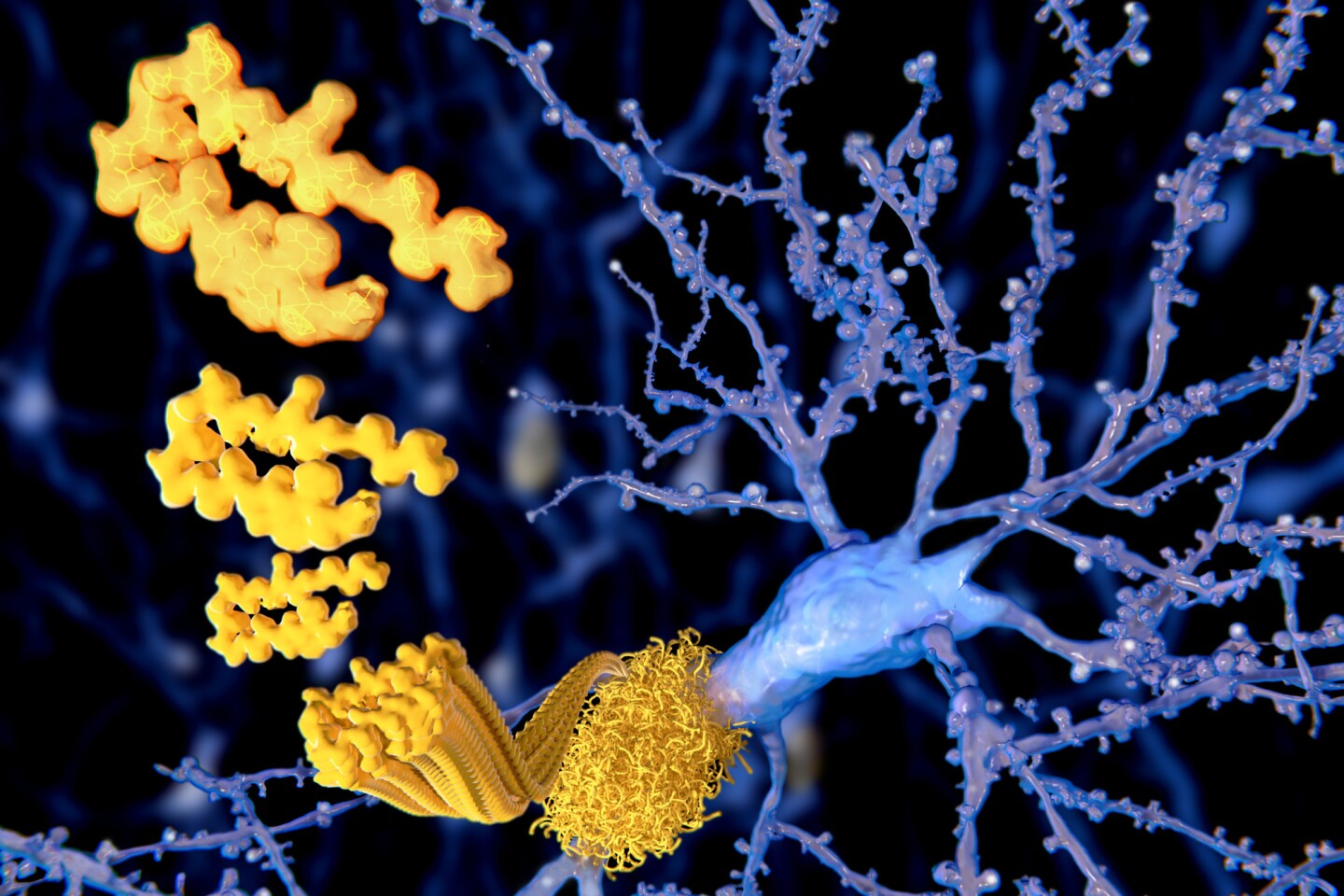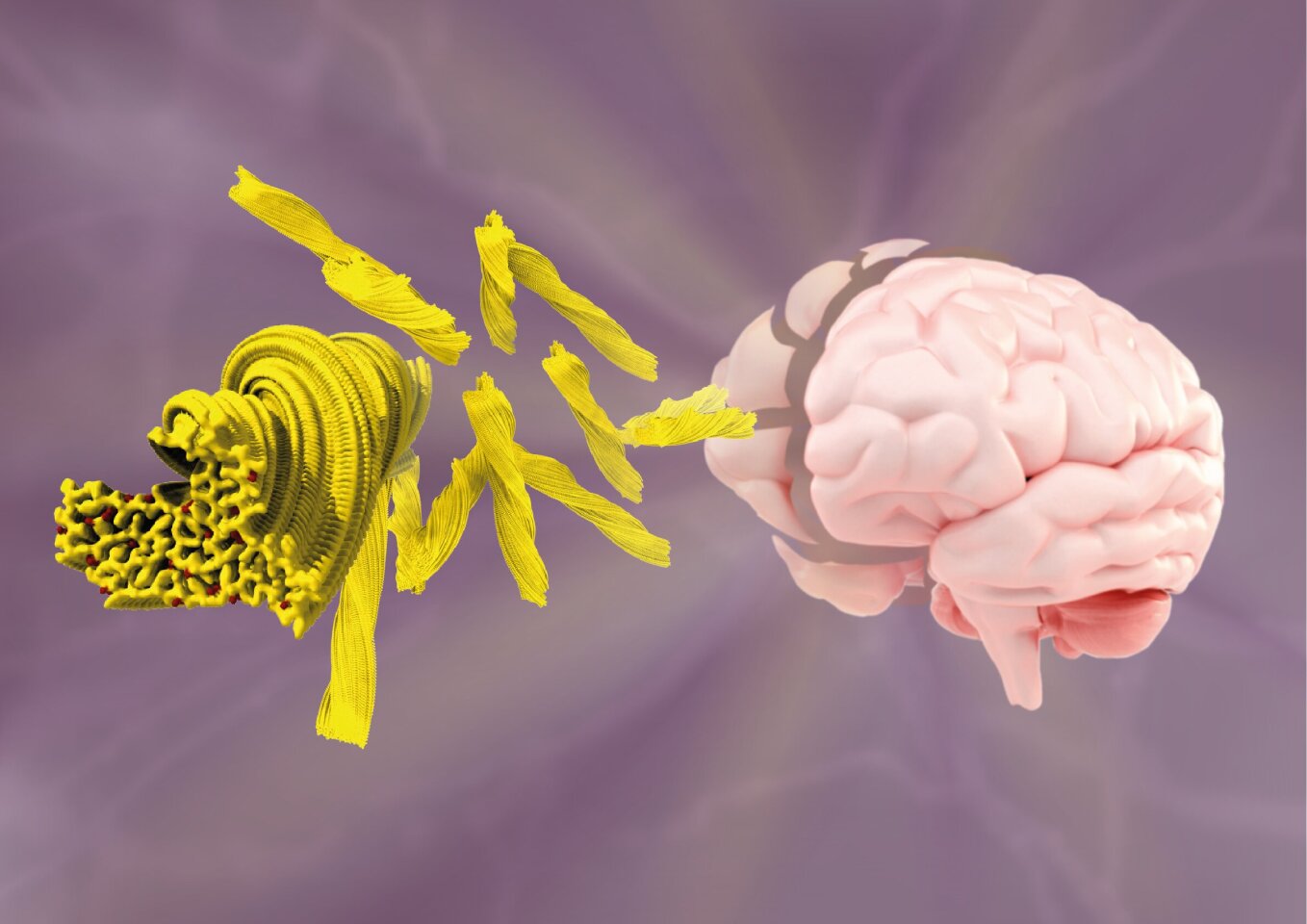“Chemical chaperone” improves Alzheimer’s signs in early & late disease

A new study has found that treatment with a ‘chemical chaperone’ assists in reducing the accumulation of protein plaques and restores cognitive functioning in mouse models of Alzheimer’s disease. The findings could lead to novel treatments to help treat this debilitating disease.
Tags: Alzheimer’s Disease, Protein, Brain, University of Pennsylvania
Continue reading “Chemical chaperone” improves Alzheimer’s signs in early & late disease

